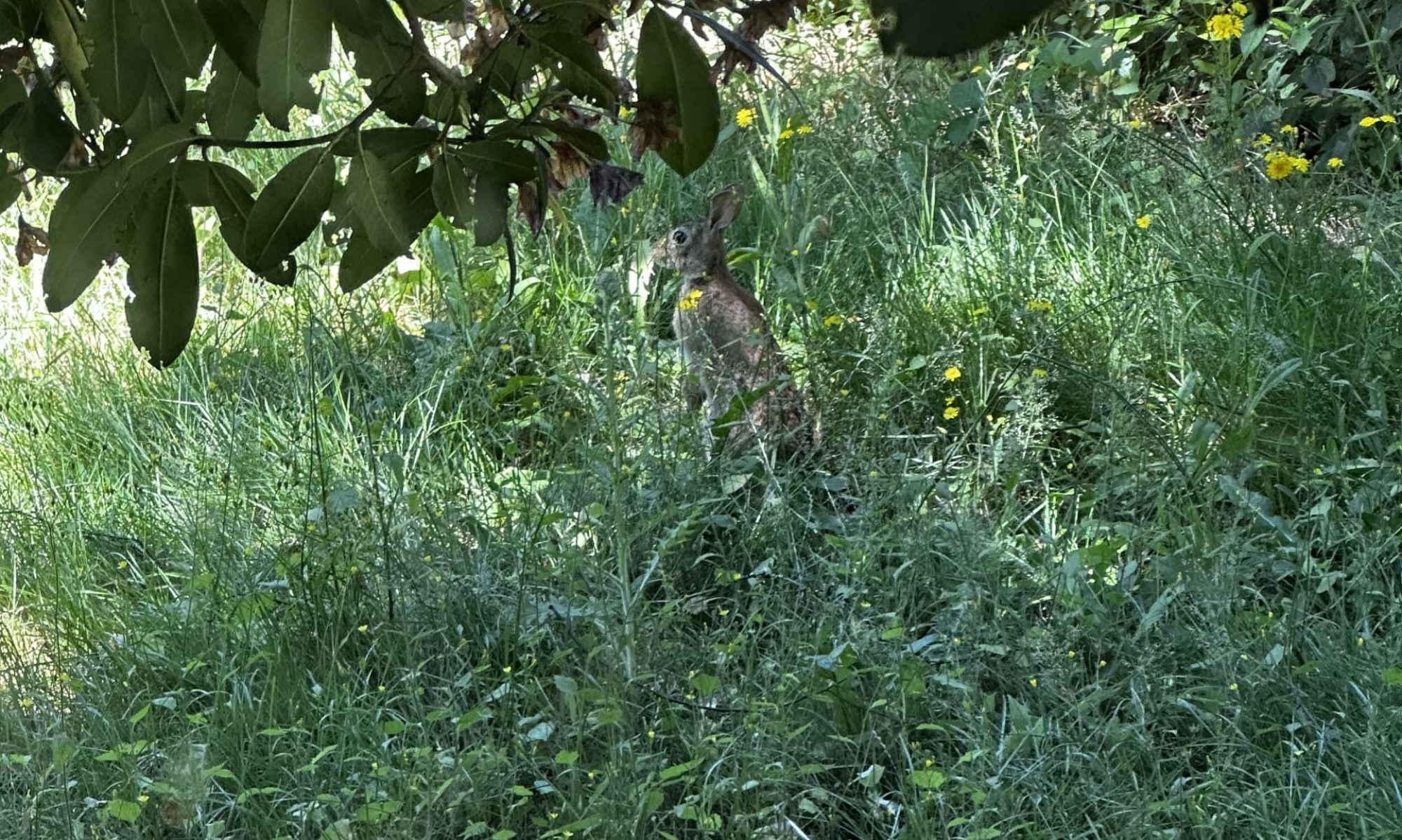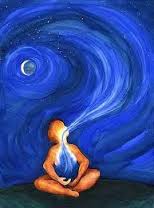So it’s true, when all is said and done, grief is the price we pay for love.
~E.A. Bucchianeri, Brushstrokes of a Gadfly
It’s so curious: one can resist tears and ‘behave’ very well in the hardest hours of grief. But then someone makes you a friendly sign behind a window, or one notices that a flower that was in bud only yesterday has suddenly blossomed, or a letter slips from a drawer… and everything collapses.
~Colette
The holiday season, we are told, is supposed to be time of joy, of laughter, of reverie. And while this can certainly part of our lived experience of this time of year, it is also true that this season can also carry with it grief, loss, and heartache.
For me this time of year is bittersweet. There is much I love about the upcoming holiday season, and also, there is much that makes me acutely notice those who are not here, whether by death or personal choice, and the loss and grief that is associated with that.
It is a time of year when we are expected to put on our “happy face” no matter what we are feeling and experiencing inside. It is a time of year to make light of everything, even our pain. It is the time to make peace and be nice and get along.
To which I say, screw that.
Regardless of the time of year, we get to acknowledge our own experience. And when we are in the season of holidays, when we are in theory gathering with loved ones, of course we notice those who are not gathered with us, those who will never gather with us again.
And we get to feel the sadness and grief and pain that comes with this.
Sometimes, we can anticipate when our grief will hit us hardest and so we can prepare ourselves in some way for the wave of emotions that is to come. And other times, we are hit out of the blue by the wave and it takes away our breath as we lose our footing and connection to ground and the here and now.
Holidays and anniversaries (of the death, or our lost person’s birthday, or our own birthday, etc) are dates on the calendar that we can look to, that we can guess how we may be affected by the day. Sometimes though, we may not consciously remember a date, and yet our bodies will know and remind us in some small or large way. This could look like feeling agitated, having a headache, being “moody” or easily irritated, being weepy, etc.
And then there are the triggers that sneak up on us. Driving by a particular park or past a favorite restaurant or someone tells a joke that our loved one used to tell or a friend shares a story of our person that we hadn’t heard before (or had heard dozens of times before). And our body and mind reacts and moves into deep grief, almost instantly.
Most of us know of the Kublar-Ross 5-Stages of Grief Model. I invite us all to throw this model away. Instead, I invite us to get to know Worden’s Tasks of Grief which are ::
1. Accept the reality of your loss
2. Work through the pain of grief
3. Adjust to an environment in which the deceased is missing
4. Find an enduring connection with the deceased while embarking on a new life
These tasks are not linear. In many ways we are working through all four tasks at one time to varying degrees throughout of grief process. I have found by looking at grief through this lens, that we have tasks to do and be in (instead of stages to accomplish), is incredibly helpful, particularly in getting through the holidays, anniversaries and other triggers that will appear throughout the months and years after our loved one has died.
I talk more about this in the 13 minute video below::
This essay is the third and final in a three part series I have written exploring grief and loss, how it affects us, and how our culture attempts to stifle it. Here are links to the others in the series ::
On Grief :: The Passage of Time
On Grief :: Holidays, Anniversaries, and Other Triggers (this essay)

 I invite you to step into your anger. To open your throat to your roars.
I invite you to step into your anger. To open your throat to your roars.